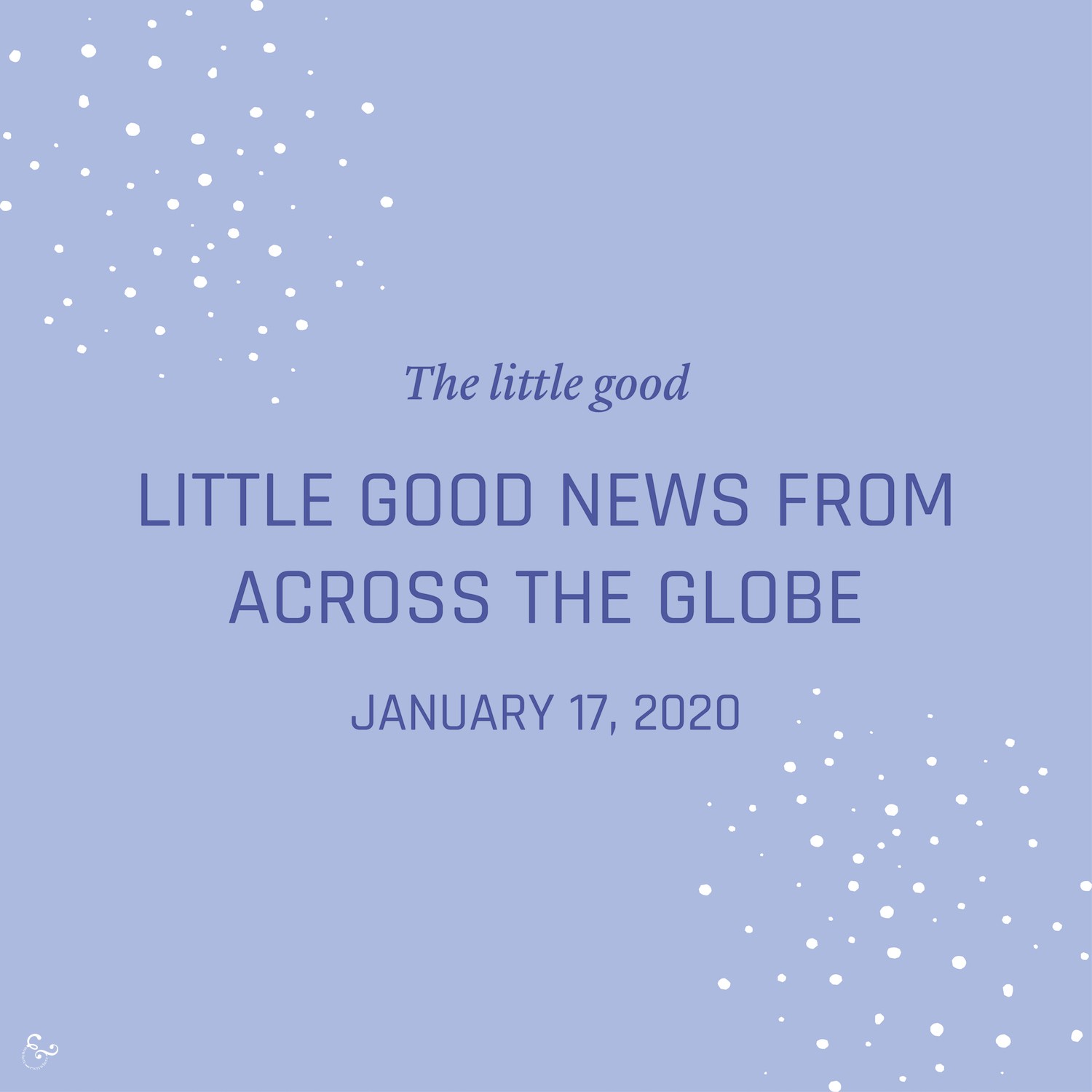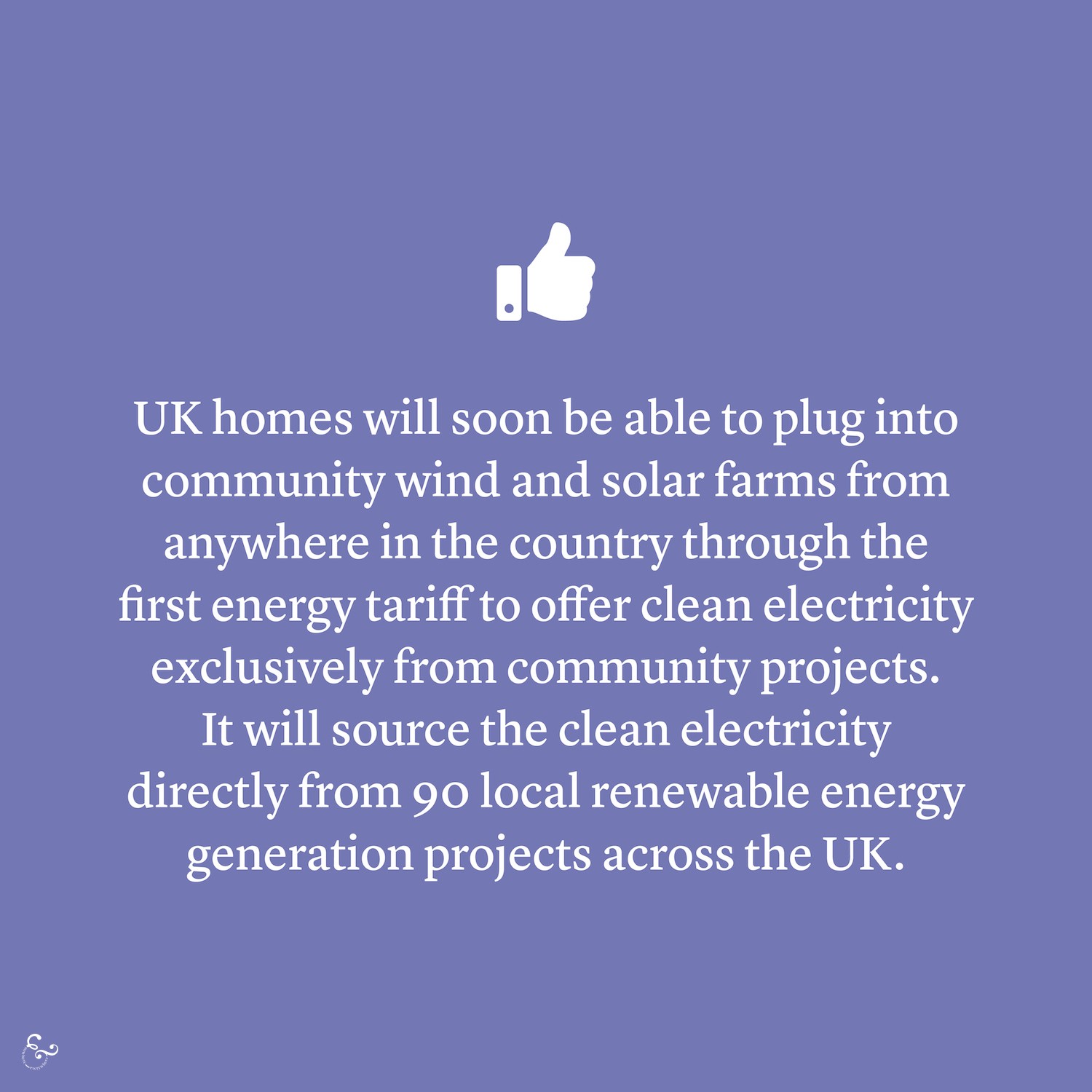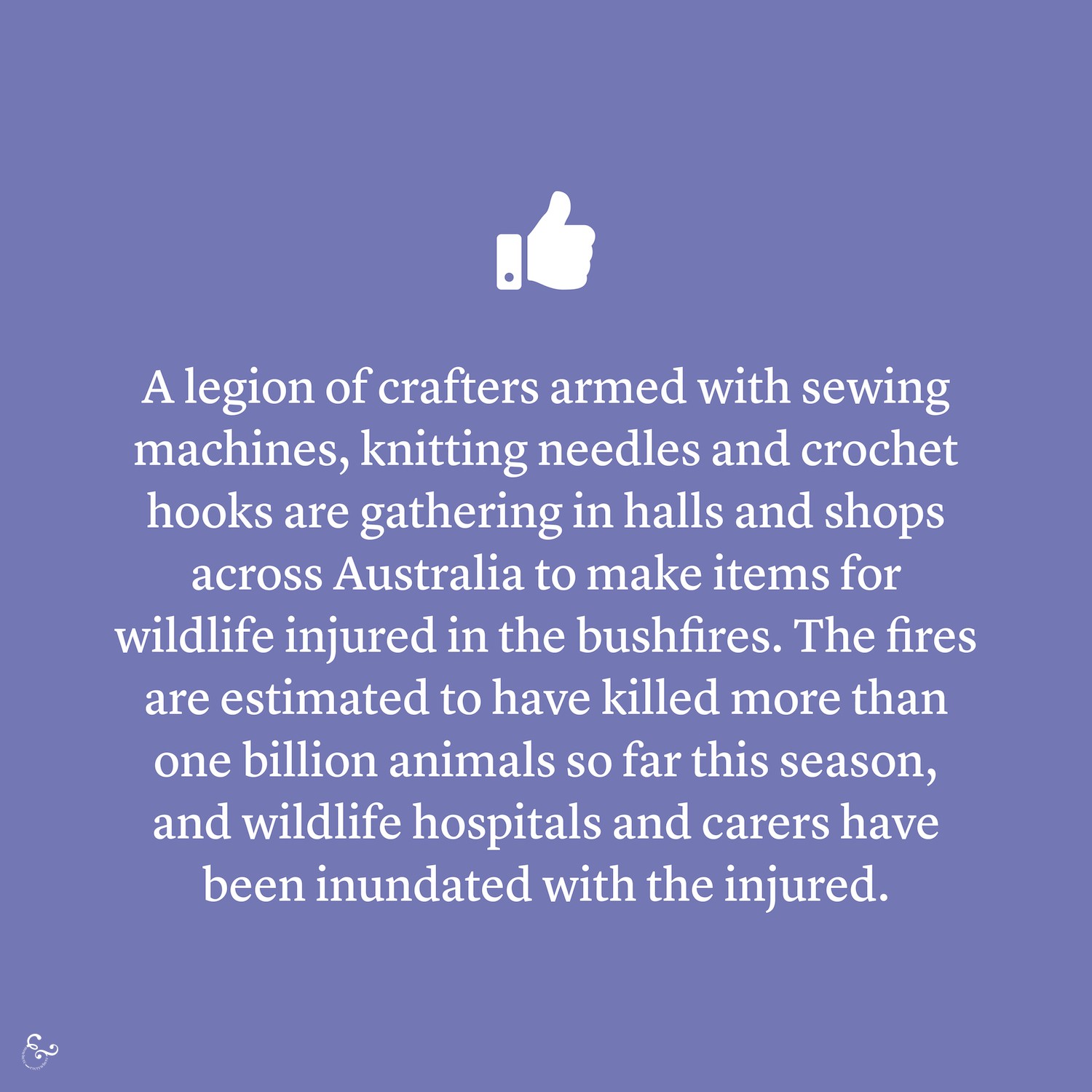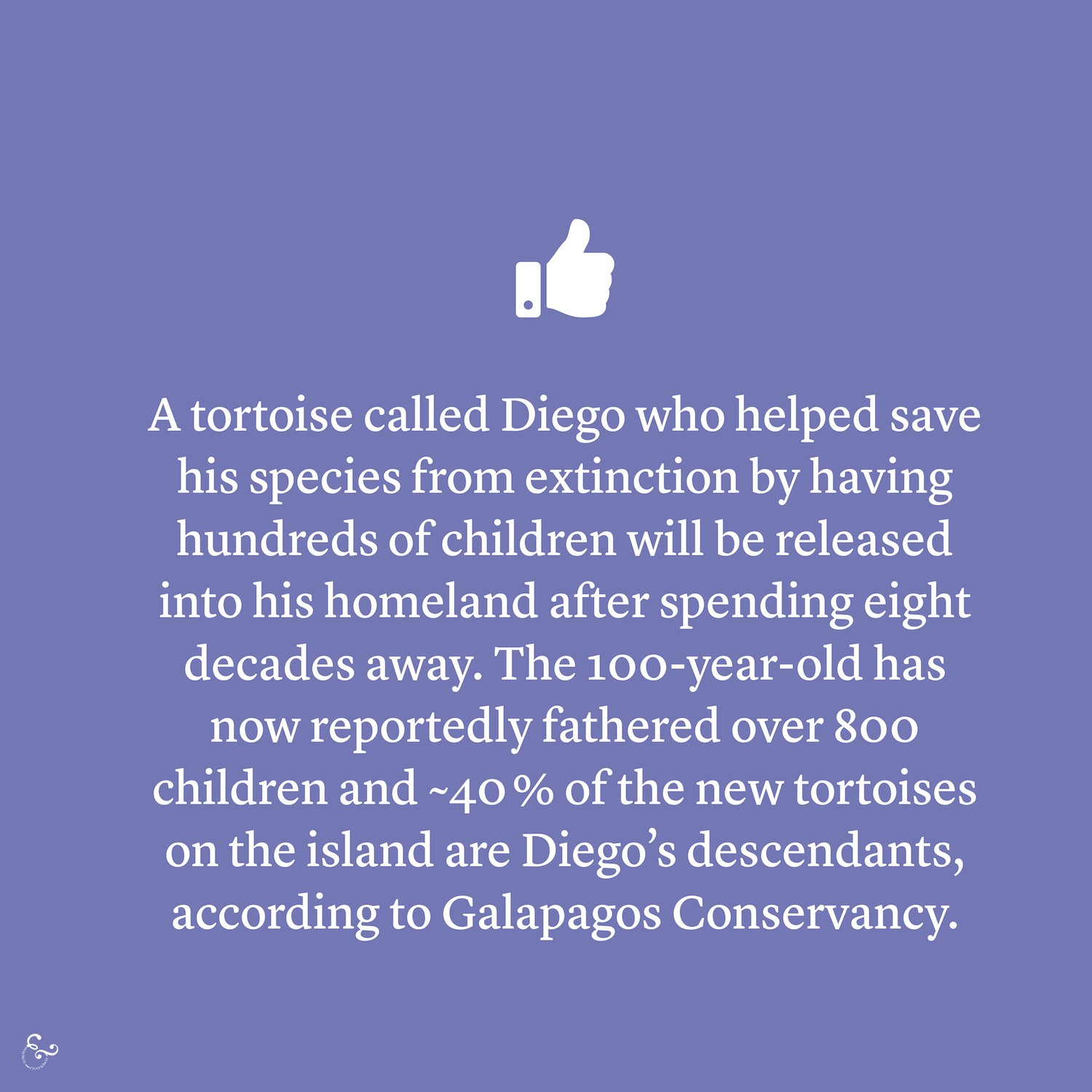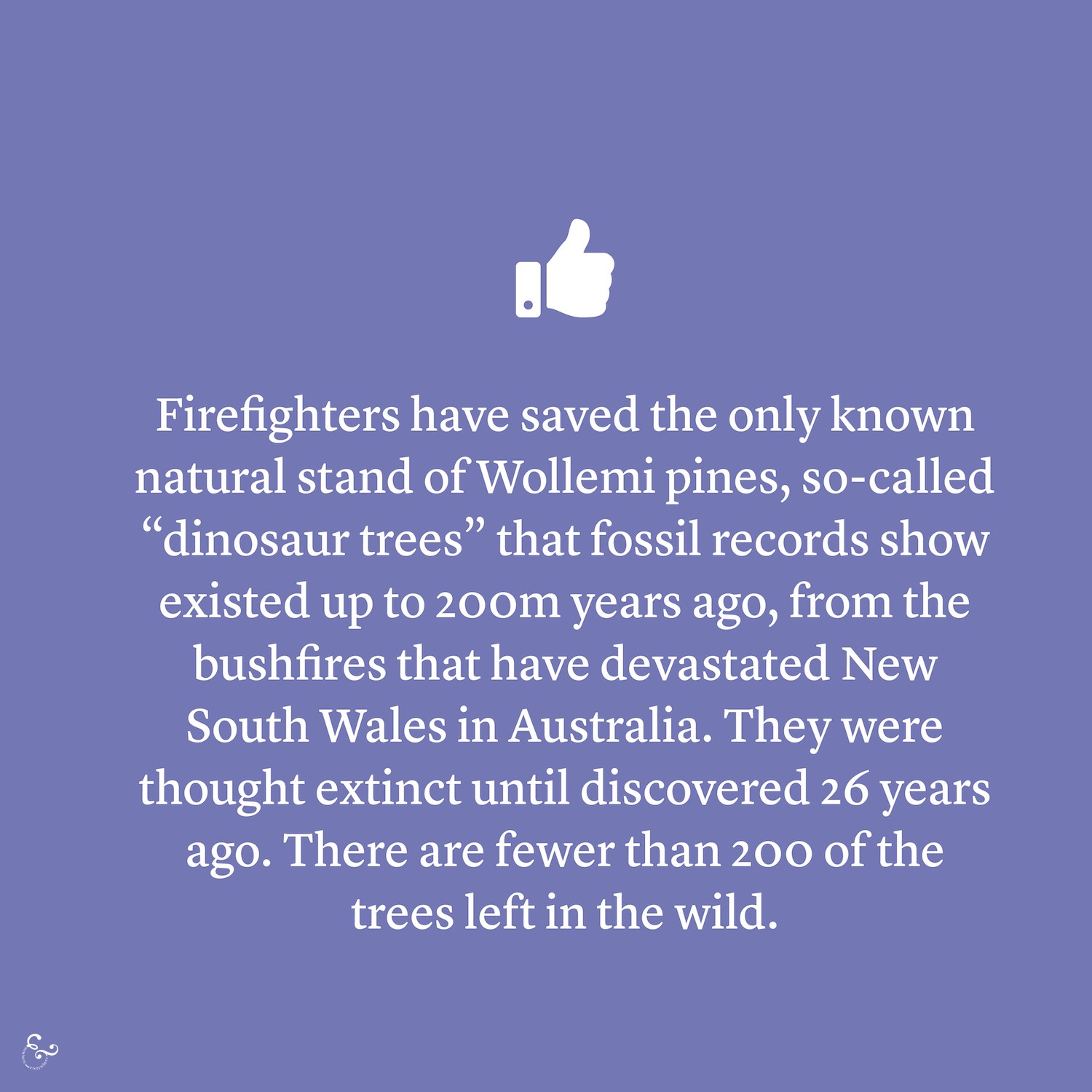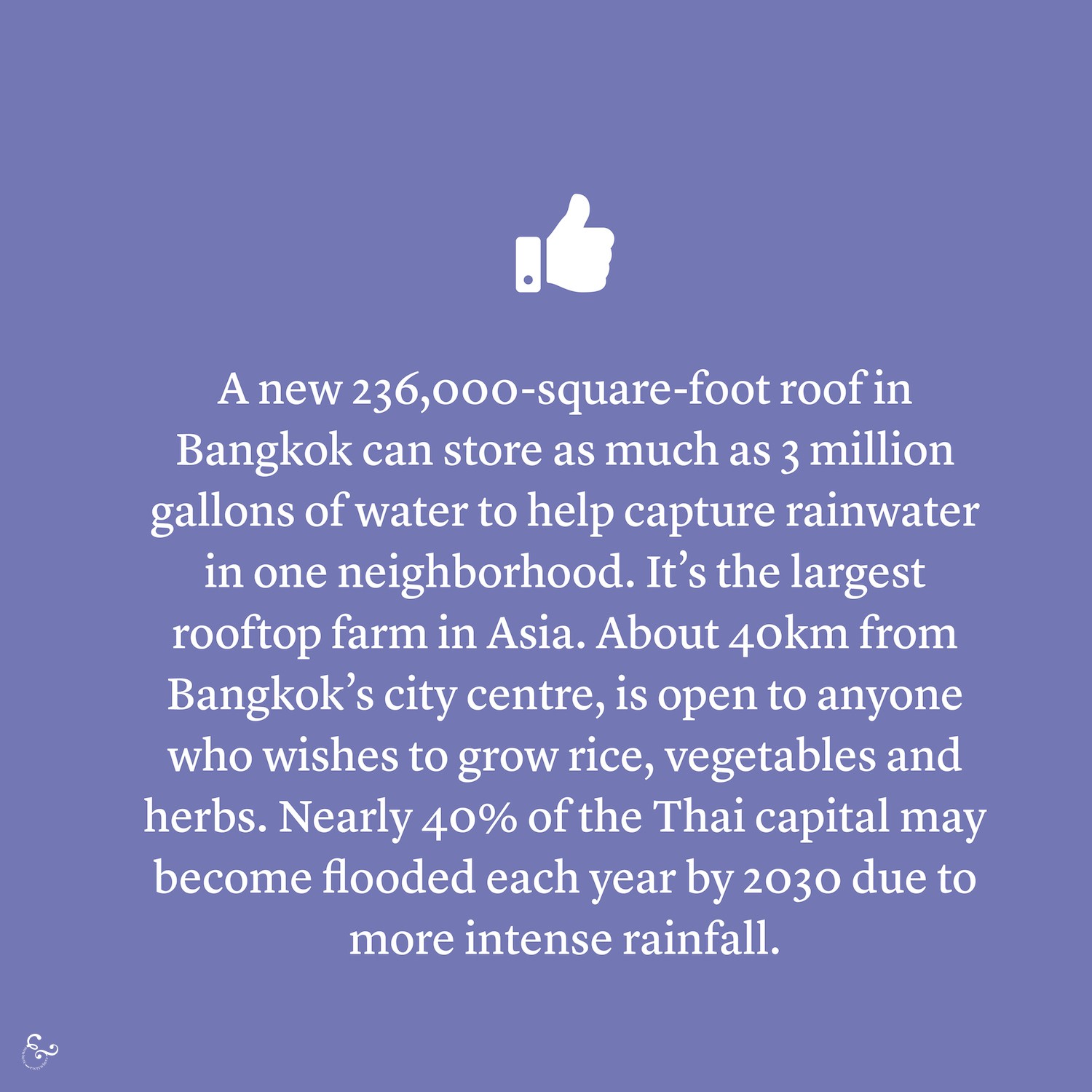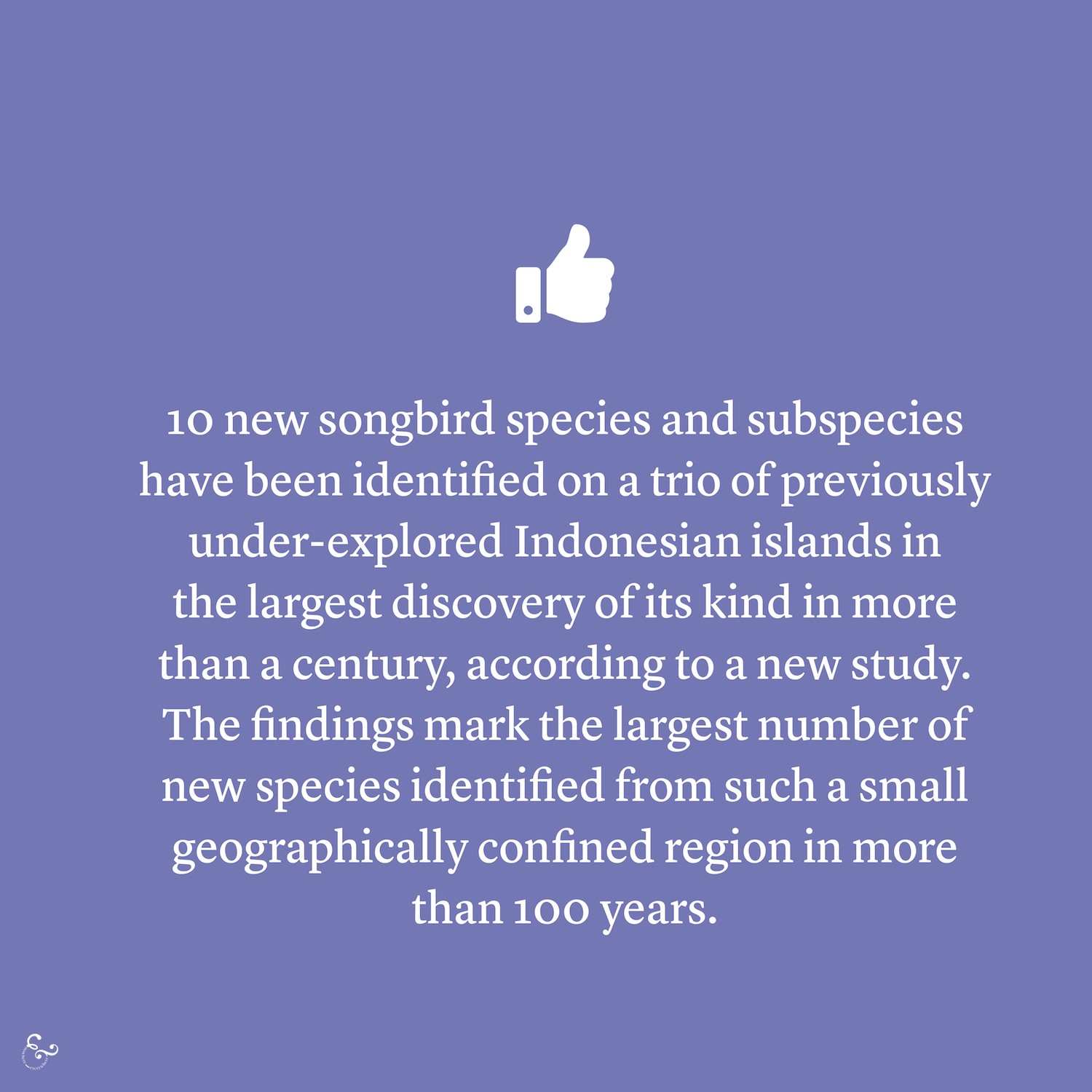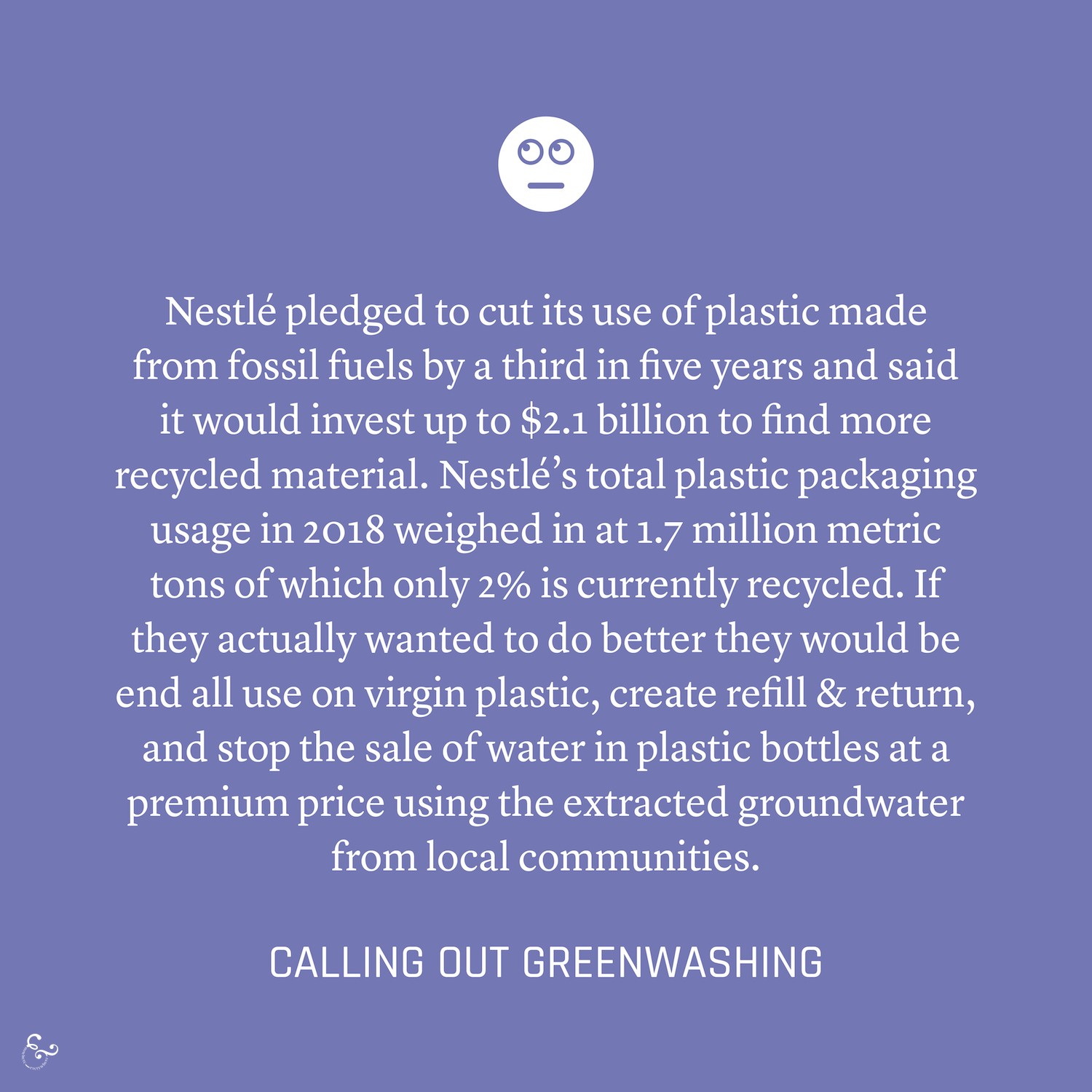Every week we do a major roundup of environmental news across the world. It is really important we all know it and share it, but it can also be pretty disheartening. The bad news is nearly always on a much, much larger scale than the good. The next few years are probably going to look the same as we enter climate feedback loops, profit incentives continue to grow, population increases and we continue to stall on our Paris Agreements. We’re interested in education, understanding systems, and the levers we can all pull for change.
But during this mammoth effort every week, we also get to see lots of little good news stories pass through our initial filter which we’re posting here. We can use these to inspire us, give us ideas in our own communities and potentially scale them up. Environmental good news can often be fairly greenwashed so we’re not interested in that and won’t consider it good news. If you see a story and decide to implement it where you live, we’d absolutely love to hear about it! Please tag us in or email us and let’s create a world of lots of local change which collectively has big impact.
- Ten new songbird species and subspecies have been identified on a trio of previously under-explored Indonesian islands in the largest discovery of its kind in more than a century, according to a new study. The findings mark the largest number of new species identified from such a small geographically confined region in more than 100 years. (The Guardian)
- UK homes will soon be able to plug into community wind and solar farms from anywhere in the country through the first energy tariff to offer clean electricity exclusively from community projects. The energy supplier will charge an extra £5 a month over Co-op’s regular tariff to provide electricity from community energy projects and gas which includes a carbon offset in the price. It will source the clean electricity for its new tariff directly from 90 local renewable energy generation projects across the UK, including the Westmill wind and solar farms in Oxfordshire. (The Guardian)
- A legion of crafters armed with sewing machines, knitting needles and crochet hooks are gathering in halls and shops across Australia to make items for wildlife injured in the bushfires. The fires are estimated to have killed more than one billion animals so far this season, and wildlife hospitals and carers have been inundated with the injured. (ABC)
- A tortoise called Diego who helped save his species from extinction by having hundreds of children will be released into his homeland after spending eight decades away. The 100-year-old has now reportedly fathered over 800 children and around 40 percent of the new tortoises on the island are Diego’s descendants, according to Galapagos Conservancy. (Independent)
- After Extinction Rebellion’s call for urgent action on the streets of London last year, the issue of climate change is to stage another major London takeover. From 23 March, the wider environmental debate will dominate proceedings inside a West End theatre for eight weeks, for the inaugural London Climate Change festival. (The Guardian)
- Almost all of Britain’s top universities have committed to selling their shares in fossil fuel companies after pressure from eco-conscious students who have occupied buildings and carried out hunger strikes. Despite growing declarations of climate emergency, there are still the 50 percent of UK universities who remain invested in the principle profiteers of the climate crisis.
- Firefighters have saved the only known natural stand of Wollemi pines, so-called “dinosaur trees” that fossil records show existed up to 200m years ago, from the bushfires that have devastated New South Wales. They were thought extinct until discovered 26 years ago. With fewer than 200 of the trees left in the wild the government had to do everything it could to save them, describing it as “an unprecedented environmental protection mission”. (The Guardian)
- Wil Srubar at the University of Colorado Boulder and his colleagues have used a type of bacteria, Synechococcus, to create building blocks in a variety of shapes. It isn’t yet as strong as regular bricks. The work was funded by the US Defense Advanced Research Projects Agency (DARPA) and Srubar says the team is now in talks with the US Department of Defense to scale up production of the concrete and pilot its use in construction. (New Scientist
- Turtle Journey tells the tragic story of a turtle family travelling home through an ocean under growing pressure from climate change, plastic pollution, oil drilling and overfishing. The short animation was produced by Aardman – the creators of Wallace & Gromit – and campaigners Greenpeace to highlight the plight of the world’s oceans. (New Scientist)
- A new 236,000-square-foot roof in Bangkok can store as much as 3 million gallons of water to help capture rainwater in one neighborhood. It’s the largest rooftop farm in Asia. Nearly 40% of the Thai capital may become flooded each year by 2030 due to more intense rainfall, according to World Bank estimates. The rooftop farm at Thammasat University in Rangsit, about 40km from Bangkok’s city centre, is open to anyone who wishes to grow rice, vegetables and herbs. (Bangkok Post / Fast Company)
Calling out greenwashing
- Nestlé pledged to cut its use of plastic made from fossil fuels by a third in five years and said it would invest up to $2.1 billion to find more recycled material. The food and beverage giant, which packages most of its food and bottles with plastic, is regularly criticized for being one of the top plastic polluters in the world. Nestlé’s total plastic packaging usage in 2018 weighed in at 1.7 million metric tons of which only two percent of its plastic packaging is currently recycled. If they actually wanted to work on the environment it would be ending its use on plastic, creating refill and return and stopping the sale of water in plastic bottles at a premium price using the extracted groundwater from local communities. It would also quickly stop the use of all virgin plastics. Also, only nine percent of recyclable plastic actually gets recycled. (Industry Week / CNN / WSJ / The Guardian)
- All the companies making billions in profit, often without paying much in way of taxes and without polution costed for, donating to the Australian bushfire crisis that spread climate denying, knowingly, and heavily, contribute to environmental destruction, global greenhouse gas emissions and the funding of them, and are using the press opportunity without addressing the actual issues that cause the crisis of which they are responsible. Looking at you Chevron, BHP, Rio Tinto, Andrew Forrester & Fortescue, NAB, News Corp, Westpac, Commonwealth Bank, ANZ, Shell. BP, JP Morgan, Woodside, McDonalds, and South32. (ABC)
